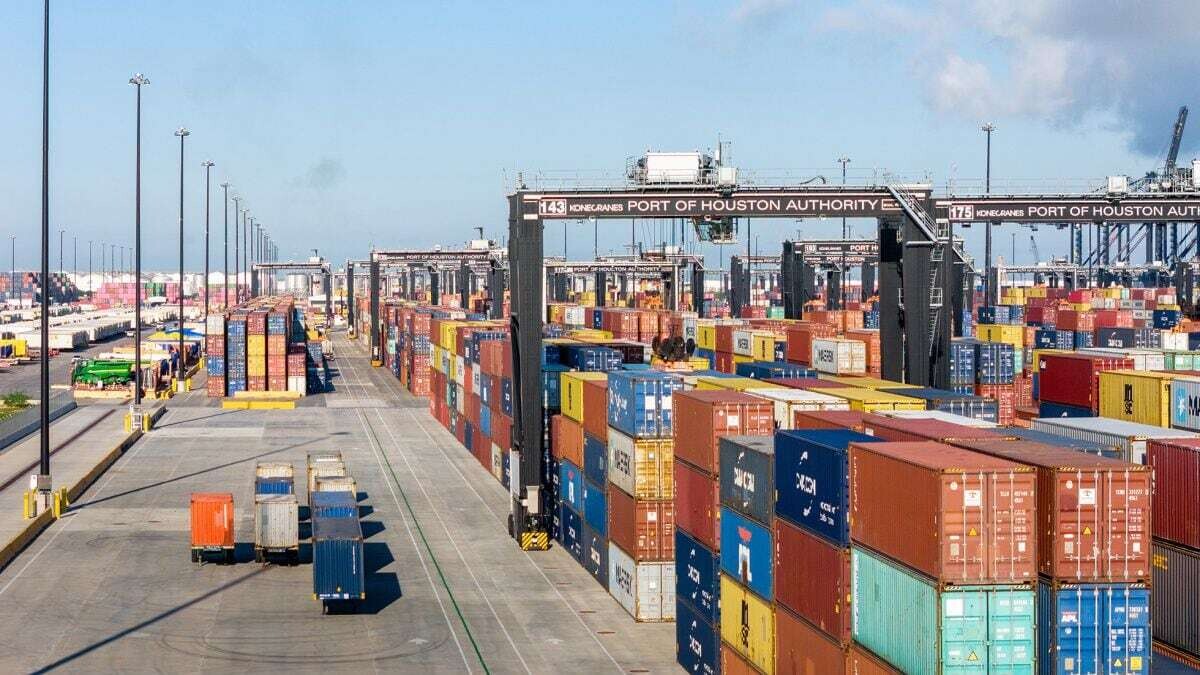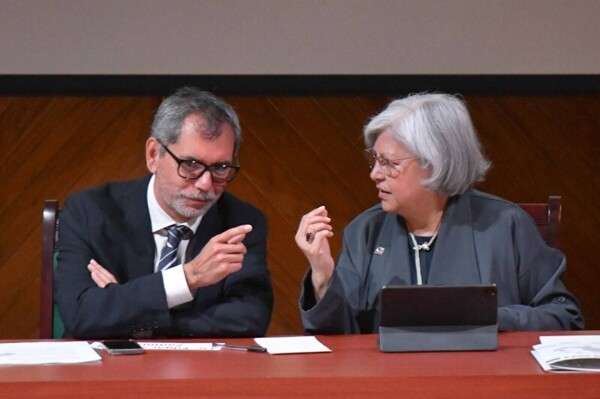
The Mexican Secretary of Economy, Marcelo Ebrard, declined to comment on the possible announced measures. Mexico has intensified restrictions on cheap Asian imports, particularly from China, imposing a tariff of up to 35% on finished goods from countries without a free trade agreement.
Canada's tariffs on China already include electric vehicles, Chinese steel, and aluminum, largely aligning with U.S. policy. A second wave of tariffs on Chinese goods, such as critical minerals, semiconductors, and solar panels, was promised in December. Mexico's offer follows a meeting where U.S. officials told their Mexican counterparts that they should impose their own tariffs on Chinese imports.
The Mexican proposal is an attempt to avoid the 25% tariffs scheduled to begin on March 4, according to Trump's threat to Mexico and Canada if they do not cooperate more with the U.S. Trump has publicly linked the tariffs to the flow of fentanyl and undocumented migrants to the U.S., as well as Chinese investment in Mexico.
Mexico has become one of the main importers of Chinese automobiles, and since the beginning of the year, it has imposed tariffs on products ranging from electric vehicles to semiconductors. It aims to send a signal to border negotiators.
A person familiar with Mexico's plans said that the possible tariffs on China would focus on automobiles and auto parts. Mexico proposed matching U.S. tariffs on China and urged Canada to do the same. Mexican officials were willing to increase tariffs on Chinese goods and seek ways to buy more products from the U.S. to avoid the tariffs threatened by Trump.
The Mexican administration has been planning to make this offer as part of ongoing talks with the U.S. The Mexican peso reversed losses following comments from a U.S. official. Although it is unclear how exactly matching tariff rates across North America would work, the impact on trade between Mexico and Canada with China could be significant.














